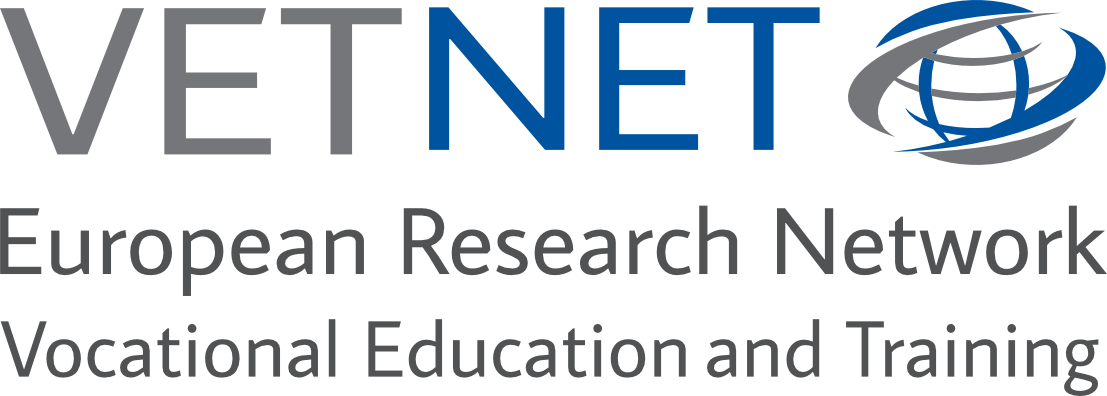Realizing Decent Work in a "Sandwich" Position: Assessing VET Trainers' Working Conditions in Times of Multiple Transformations
DOI:
https://doi.org/10.13152/IJRVET.12.1.5Keywords:
VET, Vocational Education and Training, Trainers, Decent Work, Transformation, GermanyAbstract
Context: The German vocational training and education (VET) system is designed to cope with change. Within this system, organizational VET trainers (OVETT) are the main persons of reference for apprentices in the organization, in most cases for the whole three-year training period. Whether training can help to realize or maintain decent work also depends on whether the trainers themselves have decent working conditions.
Approach: The empirical foundation for our analysis of the situation of OVETTs and the challenges they face in transformative times is a recently conducted study. Using a mixed-methods research design, consisting of 28 qualitative interviews and an online survey completed by 1,004 organizational VET trainers, this study analyzes the working conditions of German VET trainers and assesses possible effects on decent work.
Findings: We show that although there is a willingness on the part of OVETTs to handle change and transformation, they are not sufficiently involved in their companies' strategic decisions. Our data shows that some OVETTs perceive themselves as being in a potentially influential position. Many, however, report that they are only the object of change instead of participating and contributing their competencies and opinions. The data shows the extent to which the work of vocational trainers is affected by stress, conflicting demands and a lack of support. This is particularly true for part-time trainers who, in addition to their normal work, are also responsible for the success of the apprentices and the entire VET system. However, the high intrinsic motivation of trainers enables them to fulfil their tasks and meet the high expectations placed on them.
Conclusions: A special aspect of this is the "sandwich" position of OVETTs, who face transformative, societal demands, and challenges from both below (i.e., from the apprentices) and above (i.e., from management). At the same time, there is a lack of structural and operational resources. Organizational changes expose them more directly to certain challenges, but do not give them a chance to help shape their own conditions. Although the VET trainers are accustomed to mastering different requirements and interests, in transformative times new challenges arise and intensify the already heavy burden on VET personnel. If these are not addressed and VET work is not organized as decent, this will also jeopardize the quality of the vocational training system in the medium term.
Downloads
Online First / Final Publication Date
How to Cite
Issue
Section
URN
License
Copyright (c) 2025 Manuel Nicklich, Marco Blank, Sabine Pfeiffer

This work is licensed under a Creative Commons Attribution-ShareAlike 4.0 International License.





